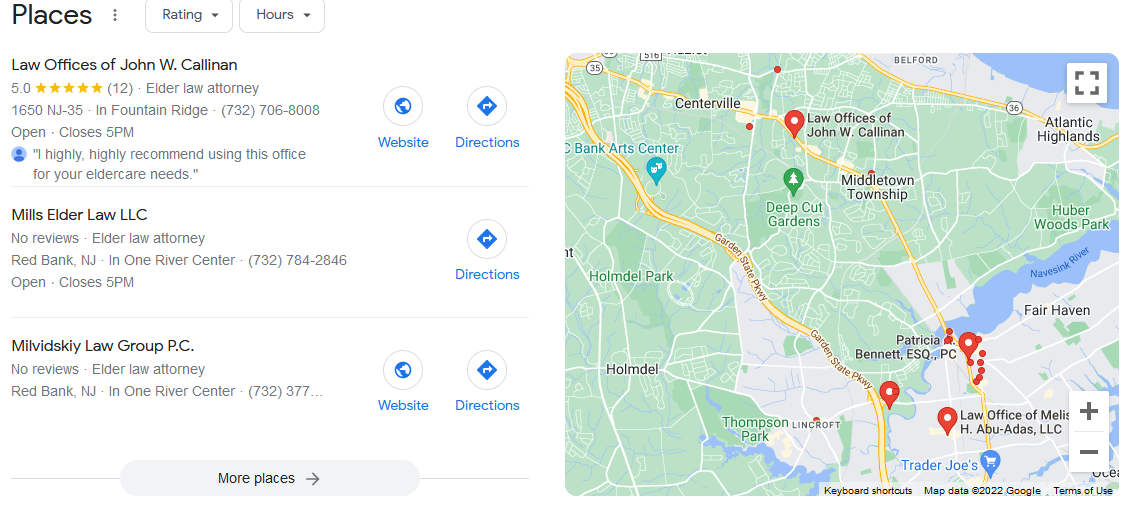How to Focus Your Home Page Optimization
 We usually optimize home pages for the organization or company name and perhaps one specific keyword, and not much else. That’s to guarantee that someone learning about you from another customer or client of yours will find you at the top of the results when they search for your name.
We usually optimize home pages for the organization or company name and perhaps one specific keyword, and not much else. That’s to guarantee that someone learning about you from another customer or client of yours will find you at the top of the results when they search for your name.
Clients ask us:
Why don’t you optimize my home page for all my important keywords?
There are reasons both practical and behavioral.
First, the practical SEO reasons:
The Title Tag is the most powerful place for your keywords to be. It shows up as the text in the tab of your browser, sometimes in the top border of your browser window, and almost always is the headline of your listing whenever the page shows up in search results. You need to get all the individual words from your optimized keywords into the title tag. Anything past about 70-80 characters is treated as less important than words near the beginning, so this limits how many keywords can be fully optimized. And only the first 55 characters or so will be visible in the Google search results.
Optimized keywords need to appear in a number of places on the page. Many of those places are in the code, and there’s a limited number of opportunities for that. But they also need to appear in the readable text copy on the page, in headings and sub-headings, in paragraph text, and in the clickable text of links. In order to cover all of your keywords on the home page and have them be used in a natural, readable way would require you to write a tome. And people just aren’t going to read your page if there’s that much text: it’s intimidating. When that happens, people click back to the search results and try something else — probably your competitor.

If your page covers dozens or hundreds of keywords, it can’t really be “about” all of those things. It ends up being about everything and nothing. Then search engines won’t be able to tell what searches your page is a good match for.
People don’t have to always come in through the front door. Our objective is always to have well-focused internal pages for our most important keyword groupings.
Let’s take a law firm, for example. There may be many attorneys, each focusing on a small set of legal practice areas: criminal defense, wills and trusts, business contracts, real estate closings, personal injury litigation, employment law, and so forth. Each of those practice areas needs its own page in order to be optimized for all the keywords related to that topic. If you land on a page that lists all the many and varied things the firm does, you may need to scan down the page, scrolling down “below the fold” to see if they do what you need. Most people won’t take the time.
But if you land on a page that’s all about real estate closings, that page will be immediately recognizable as what you want: both from it’s headline in the search results and from the headings and sub-headings on the page itself. That focus is essential for search engines to know what searches to show any web page for.
Now the behavioral reasons:


It’s as simple as that.
That’s why I won’t encourage you to spend a lot of time and energy working detailed keywords into your home page. It won’t necessarily hurt the home page’s rankings, but it won’t help it appreciably to rank for focused keywords. And it won’t help convert those visitors into paying customers. Your internal pages are where you need people to end up, and those are the pages that will include calls to action and encourage them to reach out to you to become a client or customer.
Need help focusing your home page and internal pages for great rankings?
We encourage your thoughts and feedback: please leave a comment below.
If you like our blog, please share that with the buttons on the left and give us a +1 at the top of the page. (Thanks!)









 Clearly, many potential clients come not from search but via referral: from a friend or another attorney. Those people will still go to your website to check you out and verify your expertise and professionalism. Regardless of how a potential client ends up on your site, it’s up to your website to convert them into a paying client.
Clearly, many potential clients come not from search but via referral: from a friend or another attorney. Those people will still go to your website to check you out and verify your expertise and professionalism. Regardless of how a potential client ends up on your site, it’s up to your website to convert them into a paying client.